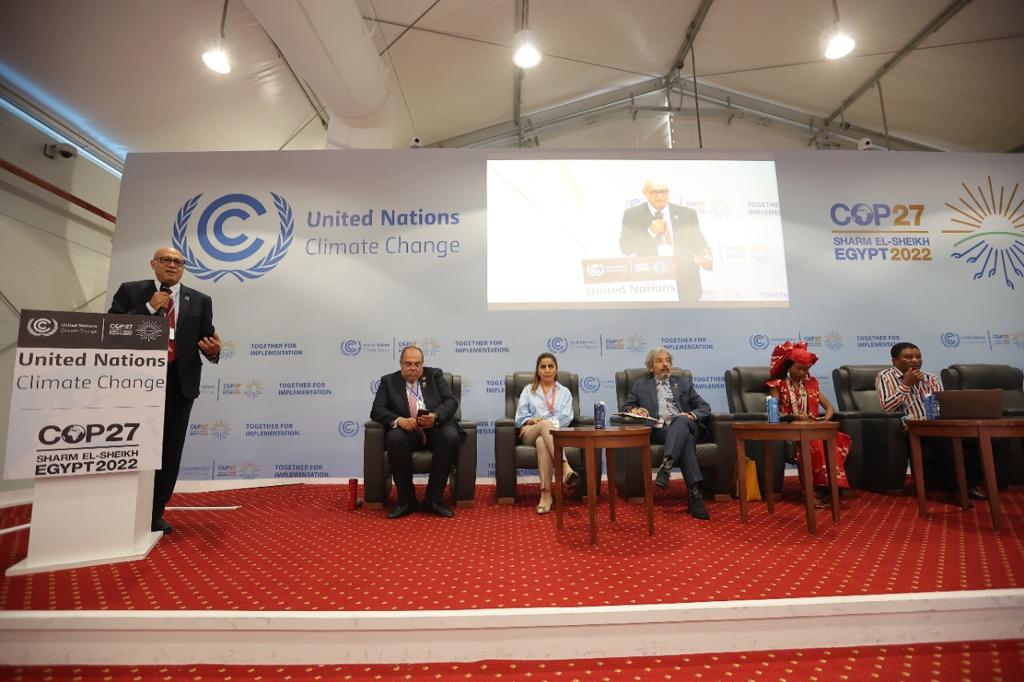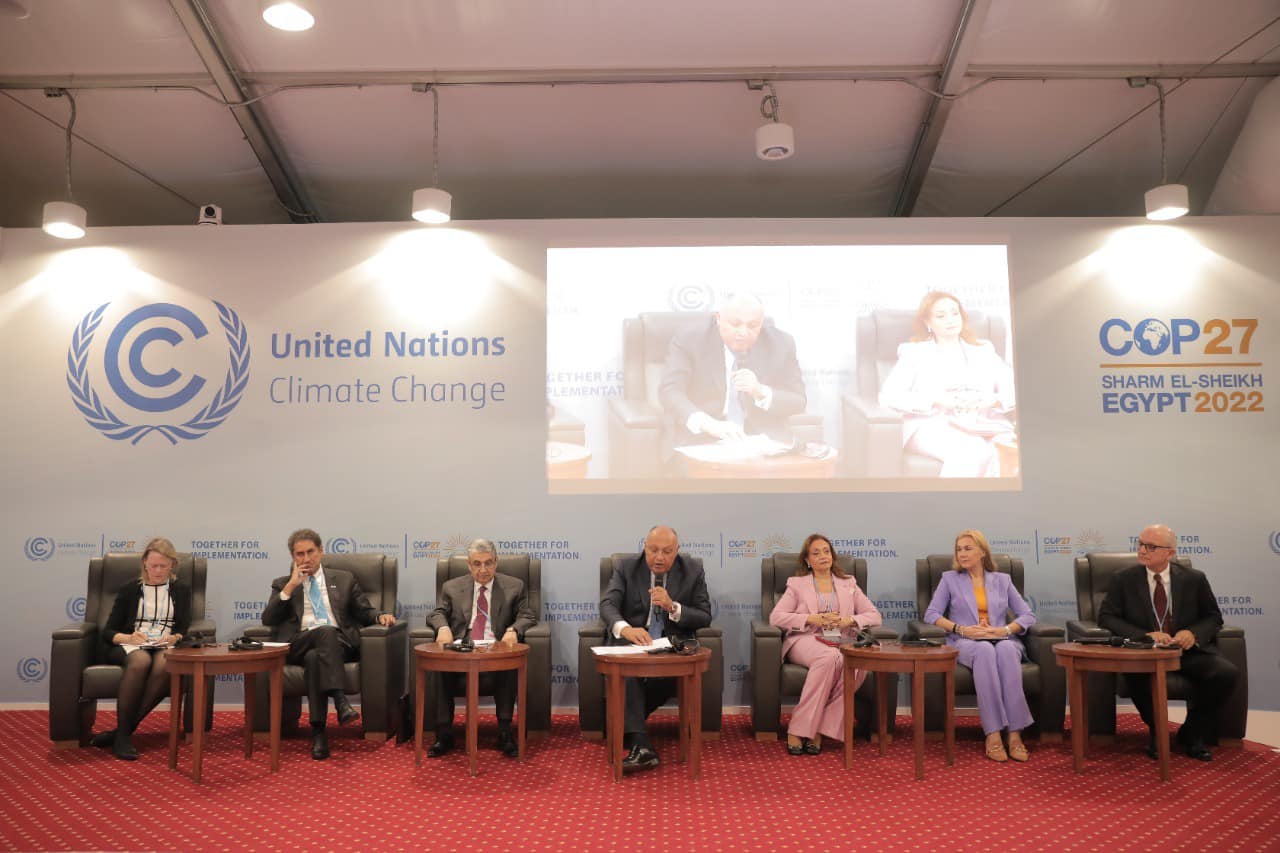
On November 15, 2022, the COP27 Egyptian Presidency launched ACE and Civil Society Day, a platform dedicated to the engagement of civil society, ensuring their views and perspectives are inclusively and meaningfully integrated into climate negotiations and decision making.
Action for Climate Empowerment (ACE) is part of the UN Framework Convention on Climate Change to denote work under Article 6 of the Convention and Article 12 of the Paris Agreement. ACE empowers members of society to engage in climate action, through the six ACE elements – climate change education and public awareness, training, public participation, public access to information, and international cooperation on these issues.
COP27 President H.E. Sameh Shoukry said: “The role of Civil Society and NGOs in the climate action process is absolutely crucial. Effective climate action requires a whole of society approach. All of us need to be involved and engaged from institutions to individuals in both acting and persuading others of the need to act. This day truly embodies the spirit of coming together for implementation.”
Participants at COP27 ACE and Civil Society Day shared best practices and identified challenges, as well as networking and developing multi-stakeholder partnership opportunities. Events and sessions showcased the roles and contributions of civil society in various forms of climate action and policy response both on the ground and at multilateral sittings.
An introductory plenary highlighted how citizens continue to shape the global climate agenda and help action commitments and pledges under the UNFCCC and the Paris Agreement. Following the opening was a session focusing on implementing the ACE Framework that examined the existing initiatives and opportunities for cross-sector partnerships to enable climate empowerment in the developing world.
A dialogue on the role of civil society in prevention and response to climate-induced disasters featured presentations of experiences – notably from the developing world – and efforts from civil society in preventing, managing, and responding to climate-induced disasters. With a drive to enhance the localization of climate action through a more holistic approach, the COP27 ACE and Civil Society Day recognized and advanced crucial and valuable activities.
Throughout the day other sessions held with expert speakers included:
- Civil Society and Shaping the Global Climate Agenda: Legacy and Prospects covered the importance of civil society and the need to safeguard human rights in order to enable society to play an effective role in the fight against climate change
- The role of civil society in mobilizing and ensuring delivery of climate finance commitments and pledges discussed the need for people to make their voices heard in order to press the developed world to deliver on their commitments and enhance their ambitions
- Response to Climate-Induced Disasters looked at the disproportionate impact of climate induced natural disasters on Africa and the developing world and ensuring that the funding is in place to enable adequate preparation and early warning systems
- Dialogue on Implementing the ACE Framework explored how it important it was to avoid assumptions, empower local people with decision making power and engage them in the development of locally based strategies
Learn more, here.


